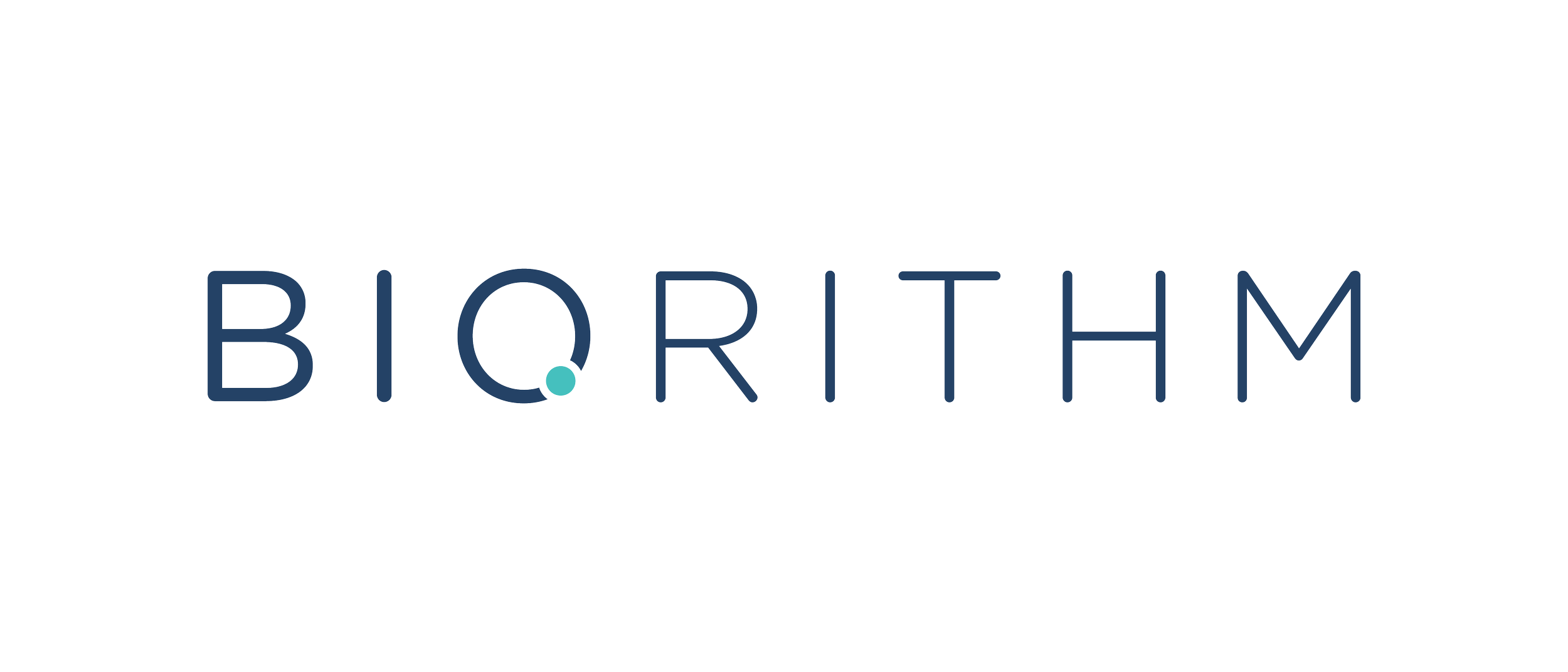COVID-19 for the Pregnant: What’s Changed vs. What Hasn’t? [Part 2]
Even in these troubling times, expecting mothers are still able to continue on their pregnancy journey with minimal disruption (What Hasn’t Changed?). However, it is undeniable that pregnant women have to endure extra obstacles during these trying times in order to maintain not only their own health but their babies’ health as well. While their daily responsibilities may not be so different from their pregnancy before the COVID-19 break out, there are several important factors that will be affected by the pandemic that expecting mothers should contemplate.
What’s Changed?
1. Many routine check-ups and support may now be virtual.
Due to the contagious nature of COVID-19, movement outside of homes has been highly discouraged and even restricted in some instances. While healthcare is considered essential and travelling for healthcare purposes doesn’t have legal consequences, please note some doctors and practitioners are exercising extra caution during these times. This doesn’t mean that you’re completely trapped in a virtual bubble; for essential appointments, you should still go to your check-up in person. However, be prepared for some of your appointments to be via telehealth moving forward.
2. Visitors will be restricted in hospitals and healthcare facilities.
While hospital births will still proceed as they have always done, the most impactful change an expecting mother might experience is the restriction on visitors. While this policy depends on the healthcare facility, many are restricting visitors to just one person (who cannot be replaced by another during a later time) and some are even restricting visitors completely. Reach out to your local hospital or birth clinic to ask what their current policy is and prepare to be supported virtually by a dedicated support community.
3. If the mother has COVID-19, the hospital may require a period of separation from her newborn.
Whether in utero or immediately after birth, there is risk of a mother transmitting the disease to her newborn after he or she is born. As a result, a period of separation between the mother and child after birth, ranging anywhere from a few to 14 days, is the current recommended practice. While there are also potential downsides to this sort of separation right after the birth of a new baby, the risk of a mother giving COVID-19 to her newborn through respiratory droplets is high. Extra caution is necessary in this case, and the decision is ultimately up to the mother and family.
4. Take extra care of mental health!
Mental health is just as important as physical health. While COVID-19 may not affect you physically, it is very likely making you anxious and stressed – and that’s okay. Find support in your family, friends, and community, and don’t be afraid to ask for a psychologist or counselor who can professionally help you through this time. They can certainly be of help to you virtually during this time where digital health initiatives are being rapidly deployed.
Remember: while many things have changed, pregnant women are still considered a “high-risk” population by the CDC. This just means they should be extra careful: don’t travel unless completely essential, stay home as much as possible, and be extra vigilant when shopping for groceries or having to step outside (and don’t forget to wash hands as frequently as possible). With the right information and support, your pregnancy can proceed with minimal disruption and a peace of mind based on knowledge and understanding.
Disclaimer: As COVID-19 is novel and evolving rapidly, not many studies have been conducted to provide concrete evidence on all of the information shared. For the most accurate and recent updates, please follow any of the resources below.
Resources: Centers for Disease Control and Prevention (CDC), The Royal Australian and New Zealand College of Obstetricians and Gynecologists (RANZCOG), Royal College of Obstetricians & Gynecologists (RCOG), The American College of Obstetricians and Gynecologists (ACOG)

